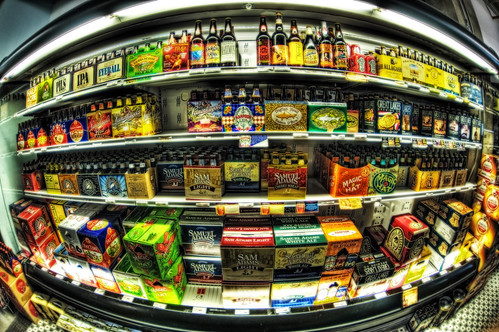Do stores trick you into buying more by stocking less?
.
Shelf-based scarcity in the form of relative stocking level depletion significantly affects consumer preferences (van Herpen et al. 2009). While both popularity and quality inferences are induced by stocking-level depletion, this paper demonstrates that popularity (rather than quality) inferences are the primary driver of the effect. Shelf-based scarcity is shown to have an impact in the presence of other signals, such as brand names and quality ratings, which indicates its effect may be widespread. However, its effect on preferences is greatly decreased by the presence of strong prior preferences and/or price promotions, indicating that shelf-based scarcity is likely to affect choices when consumers lack strong prior preferences and under conditions where price promotions are either not present or are similar across alternatives.
Research highlights
► The relative stocking level of alternatives impacts consumer preferences.
► Consumers infer that less-stocked (scarcer) products are more popular.
► Consumers also infer that scarcer products are of higher quality.
► These inferences increase the choice share of scarcer products.
► The effect is overwhelmed by strong preferences and price promotions.
Source: “When Shelf-Based Scarcity Impacts Consumer Preferences” from Journal of Retailing
Join over 190,000 readers. Get a free weekly update via email here.
Related posts:
How To Stop Being Lazy And Get More Done – 5 Expert Tips
How To Get People To Like You: 7 Ways From An FBI Behavior Expert
New Harvard Research Reveals A Fun Way To Be More Successful




